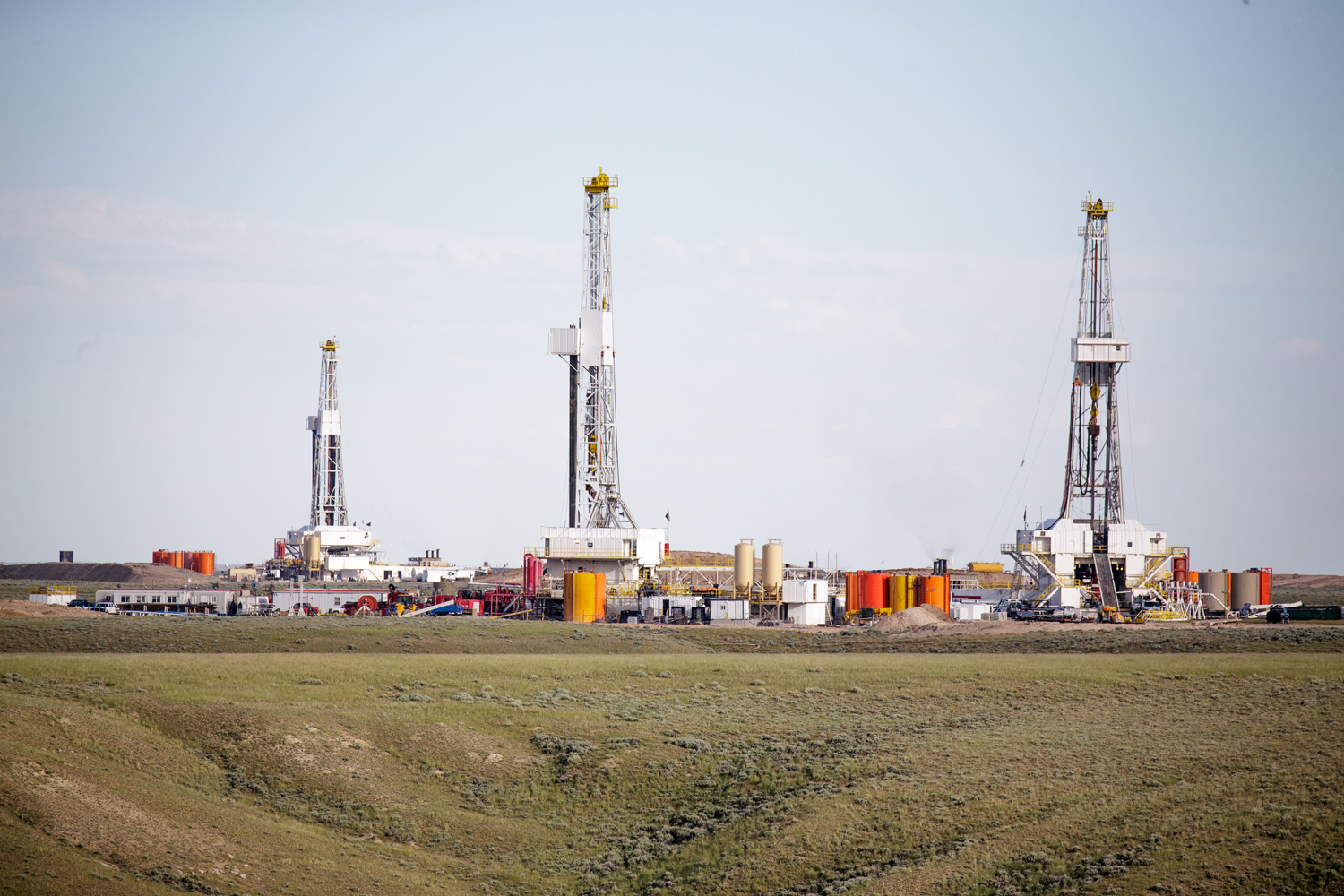Leukemia Risk Higher Among Children Born Near Fracking Wells
Young children living within 2 kilometers (1.25 miles) of fracking wells and those exposed before birth to toxins from wells have a higher risk of developing leukemia than other children, according to a study published Aug. 17 in Environmental Health Perspectives. Researchers examined more than 400 cases of acute lymphoblastic leukemia in children ages 2 to 7 living in rural parts of Pennsylvania where fracking wells are common. The study found that children living near fracking wells are up to three times more likely to develop leukemia. While children living within 2 kilometers are at highest risk, the danger is elevated up to 10 kilometers (6.2 miles) from a well. Pennsylvania mandates only a 500-foot distance between a fracking well and nearby residences, and some states require only a 150-foot separation. “[Fracking] can both use and release chemicals that have been linked to cancer, so the potential for children living near [fracking wells] to be exposed to these chemical carcinogens is a major public health concern,” epidemiologist Nicole Deziel of Yale School of Public Health in New Haven, Connecticut, and the study’s senior author said in a report in the Guardian.
Accurately Reporting Native Hawaiian and Pacific Islander Cancer Outcomes
Native Hawaiians and Pacific Islanders in the U.S. are often lumped with people from East, South and Southeast Asia when analyzing and reporting results of medical research. A study published Aug. 12 in JAMA Network Open analyzed data from nearly 6 million white, Asian and Native Hawaiian and Pacific Islander adults with cancer. Researchers found that for nearly all of the nine most common cancers in the U.S., Asian individuals were more likely to survive than white people, while Native Hawaiians and Pacific Islanders were less likely to survive than white people. The study revealed that including Native Hawaiian and Pacific Islander people within the larger Asian category may mask health disparities within the group and overstate the effectiveness of cancer treatments for Native Hawaiians and Pacific Islanders. The study authors called for separating research results for Native Hawaiians and Pacific Islanders from results for Asian people. “The continued aggregation of these 2 groups perpetuates the impression that Native Hawaiian and other Pacific Islander patients with cancer have better outcomes than reality,” the authors write.
Patients With Inherited Lung Cancer Face Increased Risk for Other Cancers
Results from a recent study reveal that nearly 15% of patients with lung cancer who have undergone genetic testing during care have inherited pathogenic germline variants (PGVs) that place them and family members at greater risk for developing other types of cancers. PGVs are genetic changes that are present from conception; they differ from somatic changes acquired during a person’s life due to factors such as tobacco use and aging. “Pathogenic germline variants … have been associated with hereditary predisposition to lung cancer,” oncologist Renato Martins of Virginia Commonwealth University Massey Cancer Center in Richmond said in a story in OBR Oncology. Martins presented the study findings at a session of the American Society of Clinical Oncology Plenary Series in August. “Few studies have investigated the broader prevalence and spectrum of PGVs in patients diagnosed with lung cancer,” he said. Martins and his colleagues analyzed germline DNA sequencing on 7,788 patients with lung cancer who had been previously tested as part of their care and found that 14.9% (1,161) had PGVs in 81 known cancer-risk genes. Of the 1,161 patients, 95.1% had a PGV that was treatable with a drug approved by the Food and Drug Administration or being tested in a clinical trial, or through prevention and early detection. Medical oncologist Kara Noelle Maxwell from the University of Pennsylvania in Philadelphia, a discussant at the session, said the study findings indicate the importance of taking a family history of cancer patients to determine if germline testing is needed.
Cancer Today magazine is free to cancer patients, survivors and caregivers who live in the U.S. Subscribe here to receive four issues per year.





